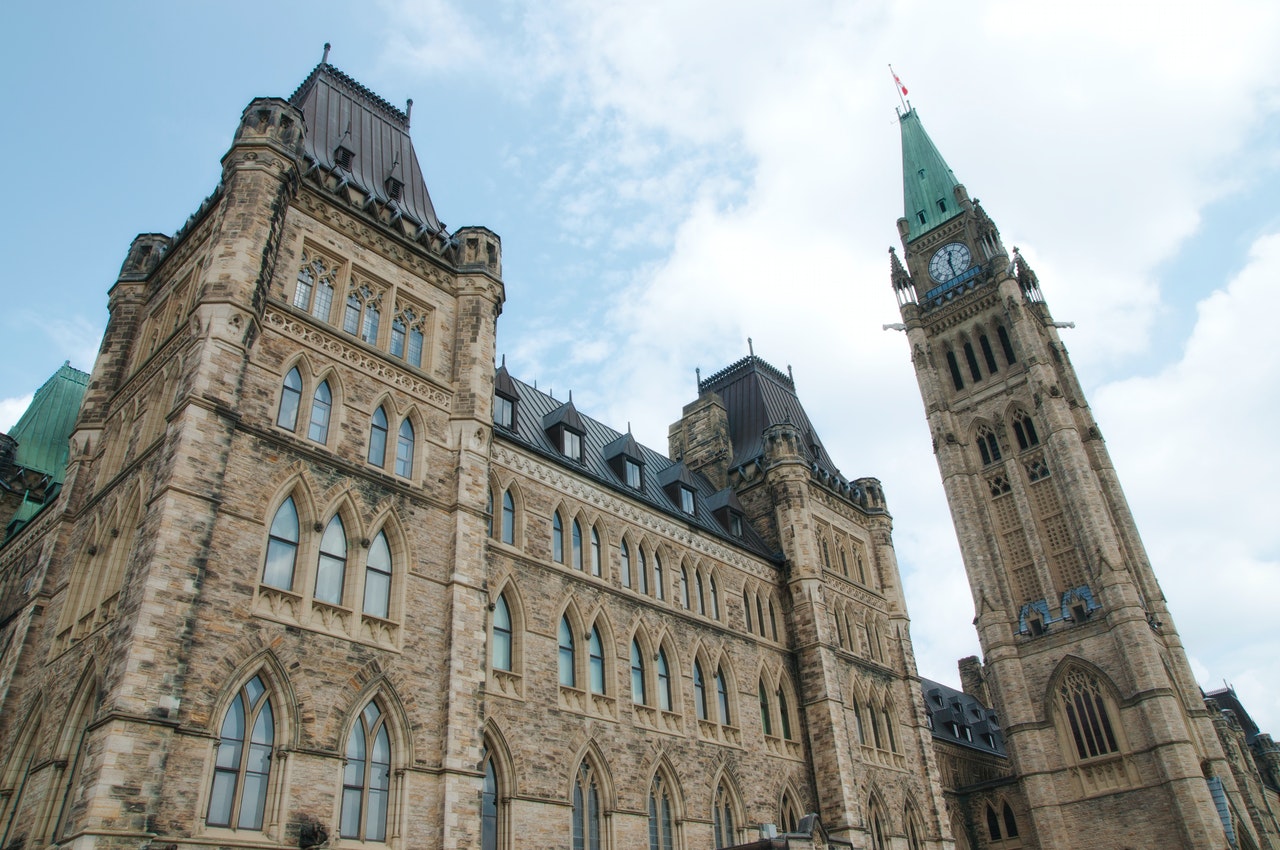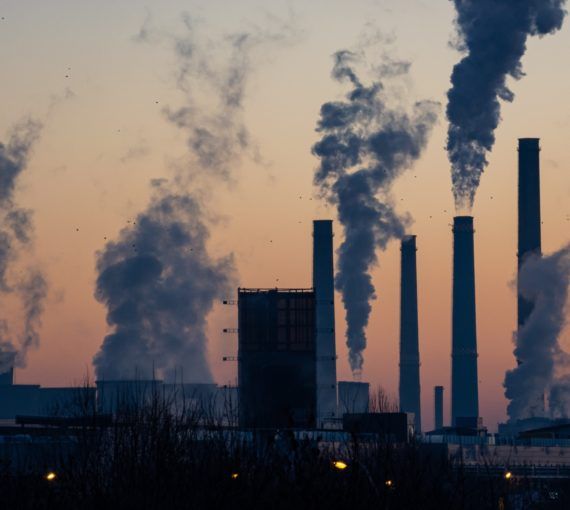
The government must table a strong bill to reform CEPA, and work collaboratively to pass a new law as soon as possible. (Photo: Splash of Rain via Pexels)
The Canadian Environmental Protection Act (CEPA) is Canada’s cornerstone environmental law, but it was last updated more than 20 years ago and is showing its age. The legislation can no longer adequately protect Canadians from everyday toxic pollution.
During the last parliamentary session, the federal government introduced Bill C-28 to finally update CEPA. While not perfect, the bill promised to significantly modernize the law, after years of campaigning by environmental groups, health experts, and regular members of the public.
But it never made it past first reading in the House of Commons; it died on the order paper with the fall election.
During the campaign, the federal Liberals promised once again that, if re-elected, they’d reform CEPA. They must now keep this promise by immediately introducing and prioritizing legislation that builds on Bill C-28, and Parliament should pass it.
Since CEPA was last modernized in 1999, scientific understanding of toxic and environmental pollution has greatly evolved.
Unlike citizens of 156 other countries, Canadians don’t have the right to a healthy environment.
Twenty years ago, we didn’t understand that low doses of chemicals such as bisphenol-A and phthalates could have drastic health outcomes. These endocrine-disrupting chemicals imitate hormones produced by the body and disrupt normal human growth and metabolism.
Two decades ago, we didn’t understand as clearly the links between air pollution and diseases such as cancer, heart disease, and dementia. We were unaware that almost 15,000 Canadians die from air pollution every year.
Unlike citizens of 156 other countries, Canadians don’t have the right to a healthy environment. Modernizing CEPA can change that. The right to be protected from toxic substances and harmful pollution should be embedded in an updated CEPA and not routinely trumped by economic interests.
Due to their biological and socioeconomic circumstances, women, children, and racialized people are particularly vulnerable to the adverse effects of environmental pollution and toxic substances.
Strengthened protections would have an especially large impact on people in vulnerable situations, such as those living in polluted communities, or who are more susceptible, for biological or social reasons, to harmful exposure to toxic chemicals: Due to their biological and socioeconomic circumstances, women, children, and racialized people are particularly vulnerable to the adverse effects of environmental pollution and toxic substances.
Indigenous Peoples are also more likely to ingest certain chemicals and biological contaminants in the environment because of their traditional use of plants and regular consumption of wild foods. Many also live near industrial facilities and processing plants that increase their exposure to environmental harms.
Cancer rates around the world are expected to increase by 47 per cent from 2020 to 2040 due to chemical exposure and environmental pollution. Women, particularly racialized women, are at a greater risk of breast cancer due to chemicals in cosmetics and household products that are still allowed under CEPA legislation.
Canadians can’t wait any longer for Ottawa to muster the courage to reform CEPA, and finally deliver the environmental justice that’s been denied so many of them.
In 2017, the standing committee on Environment and Sustainable Development recommended significant CEPA reform. All parties, along with the government in its official response to the committee, agreed that CEPA needs updating. Doing so could be a signature piece of legislation for this new session of Parliament, marking a new era of environmental protection in Canada.
With a fresh mandate, this government could be more ambitious and deliver real change for everyone. Canadians can’t wait any longer for Ottawa to muster the courage to reform CEPA, and finally deliver the environmental justice that’s been denied so many of them.
The government must table a strong bill to reform CEPA, and work collaboratively to pass a new law as soon as possible.
This op-ed was originally published in iPolitics
Related stories
Our work
Always grounded in sound evidence, the David Suzuki Foundation empowers people to take action in their communities on the environmental challenges we collectively face.





